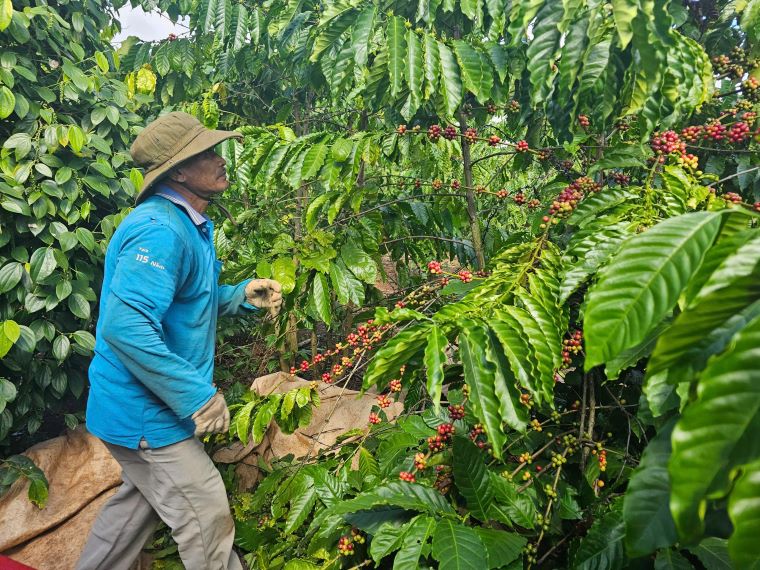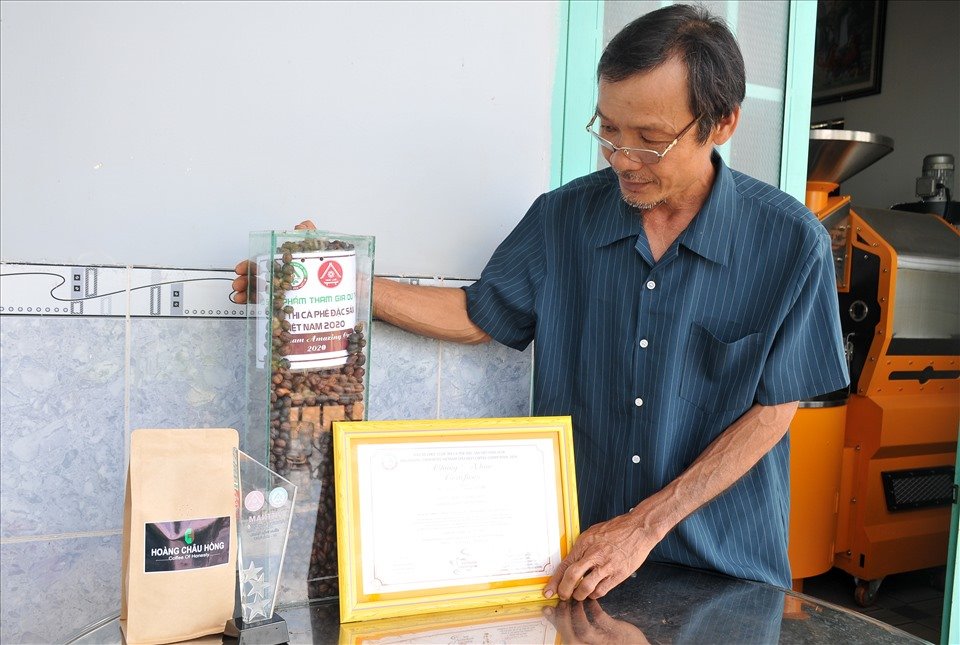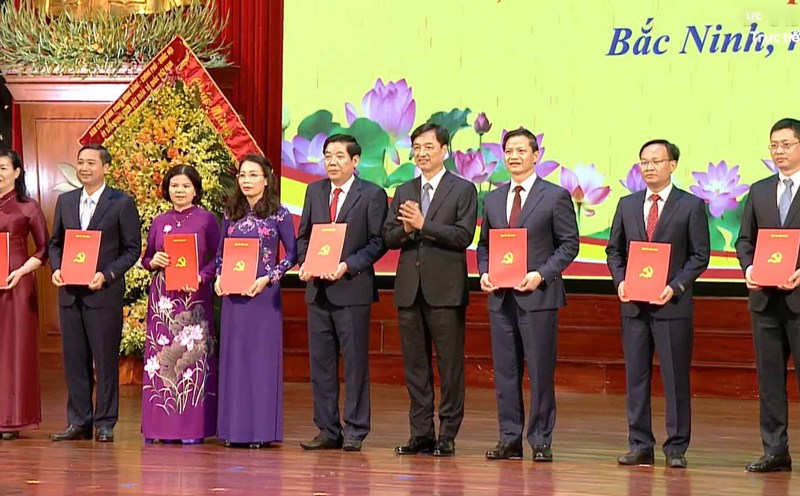Challenges for the coffee industry
Dak Nong province currently has nearly 142,000 hectares of coffee. The province's average annual coffee output is 360,000 tons, accounting for about 18% of the country's total output.
The coffee industry plays a key role in local economic development, directly affecting the livelihoods of about 400,000 people.
The import market to Europe is increasingly demanding, including EUDR. This regulation was officially approved on May 16, 2023 and will take effect in the coming time.
According to regulations, agricultural and forestry products such as coffee, cocoa, rubber, wood, etc. must prove their origin not related to deforestation or forest degradation after December 31, 2020.

The above regulation requires tracing the origin of products to the garden, determining the GPS coordinates and transparency explanation responsibilities. This is a big challenge for Dak Nong province.
Recognizing the importance of the EU market and the urgency of the regulation on not causing deforestation, since 2023, Dak Nong province has issued a framework of action plans to adapt to EUDR.
Dak Nong province has established a specialized working group to coordinate, supervise, and guide the implementation of the contents of establishing growing area coordinates, building databases, tracing origin and coordinating with other sectors.
Previously, in 2023-2024, Dak Nong organized many thematic seminars such as: EUDR - Challenges and opportunities for the Dak Nong agricultural sector and Promoting the coffee industry to comply with EUDR regulations.
These seminars have helped hundreds of cadres, businesses, cooperatives and farmers understand the requirements, standards and implementation solutions.
The Department of Natural Resources and Environment also issued many documents providing professional guidance, bringing policy information to villages and hamlets for coffee growers.
Proactively meeting requirements
In recent times, Dak Nong has proactively coordinated with international organizations to mobilize technical resources, support the construction of a database of growing areas and a transparent traceability system...
Coffee production areas are implemented according to sustainable farming processes, developing multi-layered canopy plants, intercropping, and being environmentally friendly. Thereby, contributing to increasing coverage, reducing erosion and adapting to climate change - in accordance with EUDR criteria.
Major processing and exporting facilities have also accompanied the province in building transparent raw material areas that meet international standards.

After nearly two years of implementation, Dak Nong has built 25 models of product production and consumption linkages with a total area of 13.30 hectares of coffee. These models attract the participation of 11,324 farming households.
In particular, these models are synchronously implementing traceability and compliance with the regulation of not destroying forests.
Large enterprises are also actively implementing sustainable coffee development programs with thousands of farming households participating.
Dak Nong has recognized the 335ha high-tech coffee growing area in Thuan An commune, Dak Mil district and the 450ha high-tech coffee growing area in Nam Binh commune, Dak Song district.
The province also has 93 organizations and individuals certified to produce coffee with quality standards with about 32,954 hectares, most of which have achieved certification of 4C, UTZ, RA, Flo standards...
Mr. Le Trong Yen, Permanent Vice Chairman of Dak Nong Provincial People's Committee, said that EUDR regulations not only pose challenges but also open up opportunities for the coffee industry to develop more sustainably.
To meet the requirements of the EU market, the coffee industry needs to promote the application of sustainable farming measures, trace the origin of products and comply with environmental protection standards...










